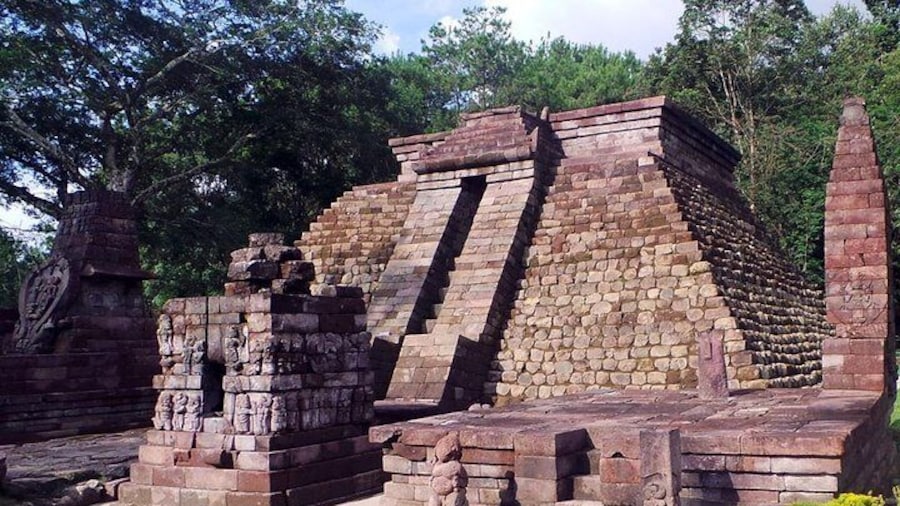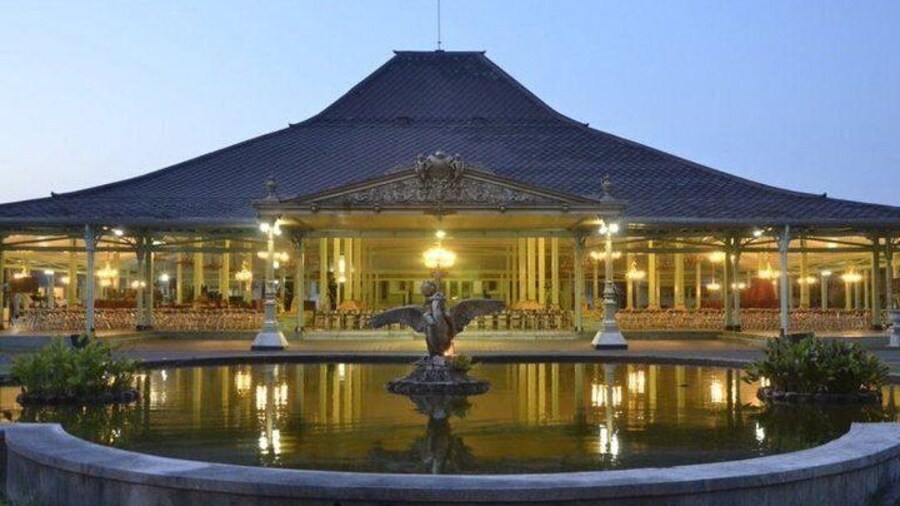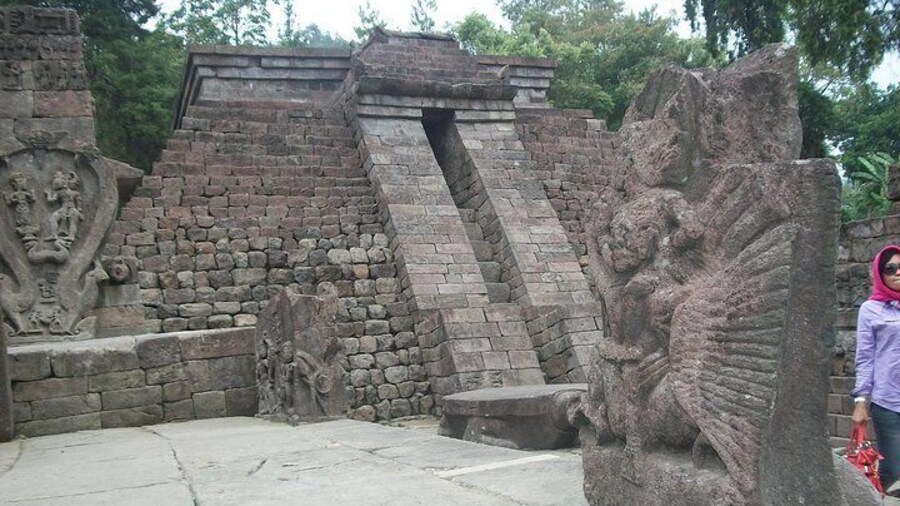Visit Solo City Centre
Popular places to visit
Solo Paragon Lifestyle Mall
During your trip to Surakarta, you can do some window-shopping at Solo Paragon Lifestyle Mall. Experience the museums and musical theater in this culturally rich area.
Mangkunegaran Palace
Mangkunegaran Palace is just one of the places to see in Surakarta, so why not enjoy the other things to explore during your travels? Experience the museums and musical theater in this culturally rich area.
Nakamura Klinik
You can take time to visit Nakamura Klinik during your travels to Surakarta. Experience the museums and musical theater in this culturally rich area.
Radya Pustaka Museum
You can spend an afternoon studying the exhibits at Radya Pustaka Museum during your trip to Surakarta. Take some time to visit the shops in this culturally rich area.
Keprabon Park
Explore the great outdoors at Keprabon Park, a lovely green space in Surakarta. Experience the area's museums and art scene.
Universitas Sebelas Maret
Explore the campus of Universitas Sebelas Maret, during your trip to Surakarta. Take in the musical theater in this culturally rich area.
Things to do

Solo Vintage Tour with Sukuh and Cetho Temple from Yogyakarta

Solo Palace Tour with Sukuh and Ceto Temple from Yogyakarta

Sukuh and Cetho Temple Tour from Yogyakarta
Top hotels in Solo City Centre

Reviewed on Apr 12, 2025

Reviewed on Oct 1, 2024

Reviewed on Sep 10, 2024

Reviewed on Feb 23, 2023

Reviewed on Apr 22, 2024

Reviewed on Oct 9, 2024
Check Solo City Centre hotel availability
Other neighbourhoods around Solo City Centre
![At the museum no photos are allowed which is really unfortunate as it was well worth the visit and the guided tour is definitely not to be missed. In the museum there are even Batik made from the Dutch era which depicts stories like Little Red Riding Hood and Snow White!
I enjoyed the tour v much and at the end of the tour we were brought to this room where the artisan were working on hand drawn batik.
Below is an excerpt from Wikipedia for anyone interested in learning more about the process of batik making.
Firstly, a cloth is washed, soaked and beaten with a large mallet. Patterns are drawn with pencil and later redrawn using hot wax, usually made from a mixture of paraffin or bees wax, sometimes mixed with plant resins, which functions as a dye-resist. The wax can be applied with a variety of tools. A pen-like instrument called a canting (IPA: [tʃantiŋ], sometimes spelled with old Dutch orthography tjanting) is the most common. A canting is made from a small copper reservoir with a spout on a wooden handle. The reservoir holds the resist which flows through the spout, creating dots and lines as it moves. For larger patterns, a stiff brush may be used. Alternatively, a copper block stamp called a cap (IPA: [tʃap]; old spelling tjap) is used to cover large areas more efficiently.
After the cloth is dry, the resist is removed by scraping or boiling the cloth. The areas treated with resist keep their original color; when the resist is removed the contrast between the dyed and undyed areas forms the pattern. This process is repeated as many times as the number of colors desired.
The most traditional type of batik, called batik tulis](https://mediaim.expedia.com/destination/2/9cd999fbd1cf55cbfe1f78176d52a342.jpg?impolicy=fcrop&w=350&h=192&q=medium)
Banjarsari
While visiting Banjarsari, you might make a stop by sights like Solo Paragon Lifestyle Mall and Balekambang City Park.
